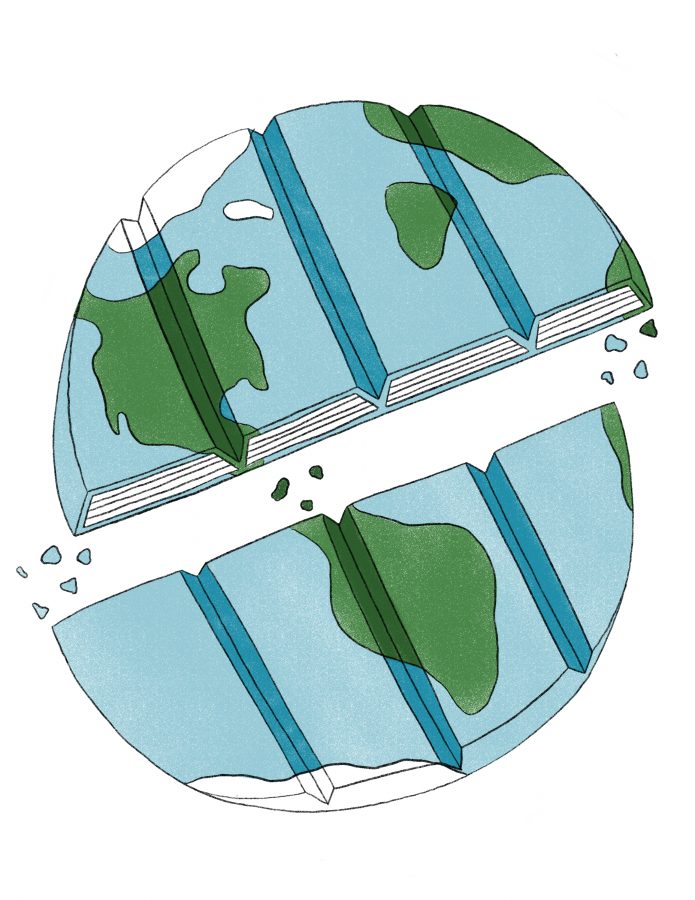In Tuesday’s column, “Choose your food wisely,” Egu Ramanathan makes the case for eating locally grown produce, not just for health and enjoyment reasons, but for environmental ones. Her logic sounds correct: local food from local farmers has substantially less distance to travel and therefore less fuel is used.
However, her consideration of the issue is incomplete. Most produce in this country is shipped by rail to hubs and then distributed to your local grocer in bulk, which is many times more energy efficient than tens or hundreds of thousands of people using comparatively inefficient cars to drive out to more local, rural markets for fresh produce and then stopping by the grocer anyway to pick up more variety in their diet.
Moreover, the vast majority of the energy used in agriculture is needed for the growing process, not the transportation of food. If pollution in agricultural processes is to be decreased, more specialization is required, not less. While that fresh, Texas apple you bit into may not have traveled very far, it may have also taken many times more energy to grow (and therefore created many times more pollution) than an apple grown somewhere with a more favorable climate. It is the act of growing produce where it should not be grown that needs to be stopped, not the relatively streamlined and energy efficient agricultural system we have now.
More information can be found online in both news articles and scientific papers. These go into far more depth on the pollution generated by our agricultural system. I encourage people to read them and consider the entire process, not simply focus on distance traveled without context.
Jan Clawson
Aerospace engineering senior


















